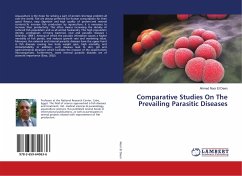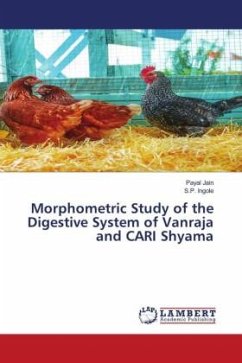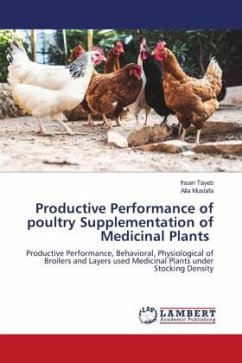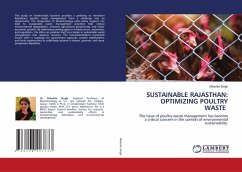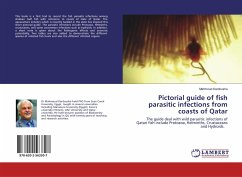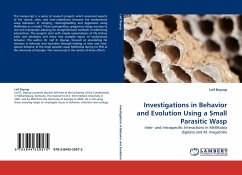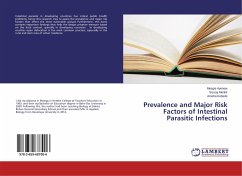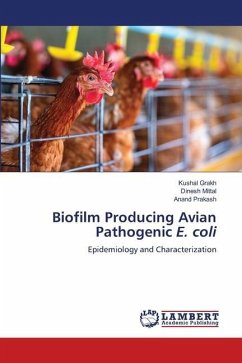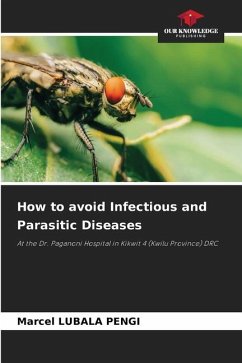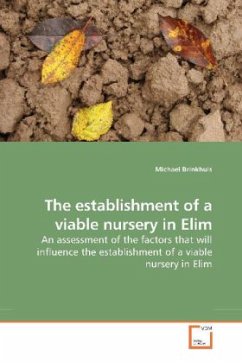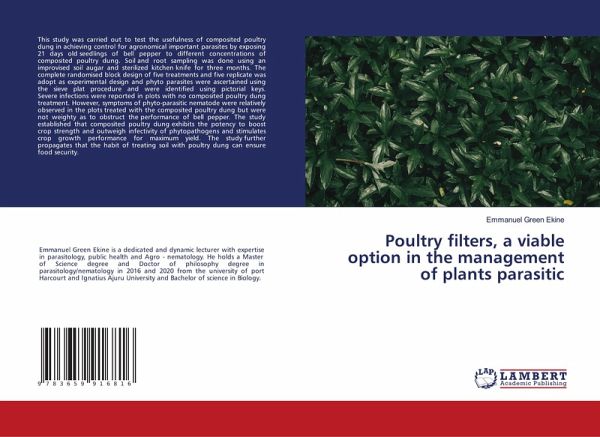
Poultry filters, a viable option in the management of plants parasitic
Versandkostenfrei!
Versandfertig in 6-10 Tagen
40,99 €
inkl. MwSt.

PAYBACK Punkte
20 °P sammeln!
This study was carried out to test the usefulness of composited poultry dung in achieving control for agronomical important parasites by exposing 21 days old seedlings of bell pepper to different concentrations of composited poultry dung. Soil and root sampling was done using an improvised soil augar and sterilized kitchen knife for three months. The complete randomised block design of five treatments and five replicate was adopt as experimental design and phyto parasites were ascertained using the sieve plat procedure and were identified using pictorial keys. Severe infections were reported i...
This study was carried out to test the usefulness of composited poultry dung in achieving control for agronomical important parasites by exposing 21 days old seedlings of bell pepper to different concentrations of composited poultry dung. Soil and root sampling was done using an improvised soil augar and sterilized kitchen knife for three months. The complete randomised block design of five treatments and five replicate was adopt as experimental design and phyto parasites were ascertained using the sieve plat procedure and were identified using pictorial keys. Severe infections were reported in plots with no composited poultry dung treatment. However, symptoms of phyto-parasitic nematode were relatively observed in the plots treated with the composited poultry dung but were not weighty as to obstruct the performance of bell pepper. The study established that composited poultry dung exhibits the potency to boost crop strength and outweigh infectivity of phytopathogens and stimulates crop growth performance for maximum yield. The study further propagates that the habit of treating soil with poultry dung can ensure food security.





